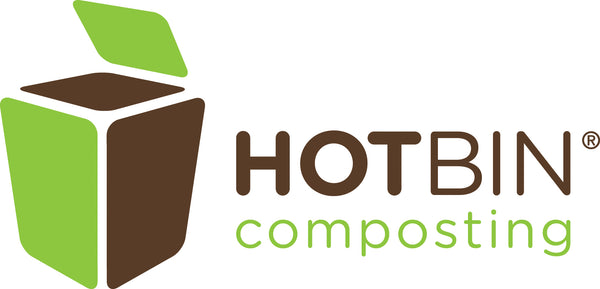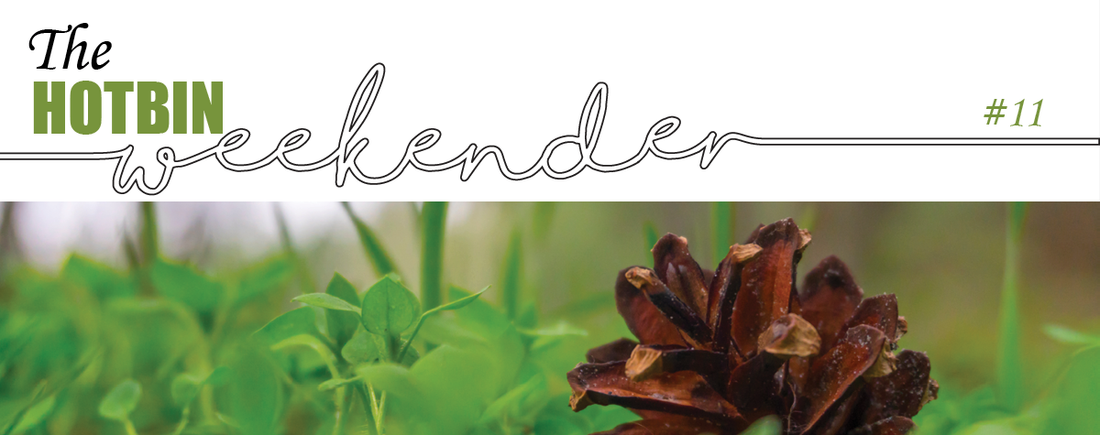Everything we do or don’t do for a sustainable world today has an impact. Our actions and every single step we take to care more, act more, and protect more the environment, can make a difference. As stakeholders of our environment, we can show our commitment by constantly looking for, and applying methods that can minimize our environmental impact throughout the whole supply chain. Composting our unavoidable food & garden waste and returning it to the environment as rich-composting soil, is just a good start.
EPA (US Environmental Protection Agency) estimates that 63.1 million tons of food waste was generated in the commercial, institutional, and residential sectors in 2018.
Food alone represents 21.6% of the total waste generated. Worldwide, a 2021 report shows that about 17% of total food production may be wasted and that 61% of that waste comes from households. Obviously, COVID-19 may have shifted this number that previously was shared with commercial institutions. That said, there are great opportunities to recycle that waste at both home and commercial settings.
If you have not started composting at home, you can always check on composting programs offered in your municipality or let us know if you want us to contact them in your behalf. HOTBIN is working with various municipalities offering composters that they can rent to their residents and/or sell at a discounted price. Please email us at m.abreu@hotcomposting.com or call us at (630) 210-2041 to start a conversation with your local municipality.
Just remember that the future depends on the sustainable work we do today.
How Good is your Compost?
Not all 'compost' is the same and you need to know what you have before spreading it on your garden. It is hard for a home composter to do detailed testing. However, composting at home is a controlled process under your care where you know what is being added. To prevent anything bad from happening, here is a simple guide that should help you ensure your compost is good. Also included in this article, a summary of answers we might get from a range of experts.
What is considered bad compost? – Bad compost can be defined as a compost containing toxic elements (chemicals) that were added to the waste. You can prevent this situation by not adding woodchips/mulch containing preservatives; and avoid adding printed paper (although printing inks are largely vegetable based today). We recommend you read woodchips/mulch labels and when in doubt, contact the manufacturer.
Ensure your compost is mature and ready. – Immature (not ready) compost can rob nitrogen from the soil. Good and ready compost has an earthy musty smell. If it has a fruit or putrid-like smell, leave it to aerate and compost further.
What is good compost? - There is general gardening and academic agreement that adding organic matter (compost) to soil is beneficial. The HOTBIN team has spent considerable time 'digging' into the subject of soil fertility. The science indicates that what really matters is not the total soil organic matter (SOM) but rather the amount of humic substances (a special group of compounds remaining at the end of composting). These compounds add powerful benefits to the soil such as: water retention, nutrient hold and release, soil aggregation and farmland.
Can we determine at home what sort of compost we have? - Not easily. Here is what the experts would say to describe good compost:
- It smells earthy (not putrid, acrid or drain like?)
- It is fine particles with no sign of original waste or big bits
- It is a dark brown material
If you ask a worm composter (vermicompost) what good compost is, you will get the following answer:
- Worm cast / vermicompost is the best compost
- It smells earthy
- It is always fine particles with no sign of original waste or big bits
- It is dark brown
- It is ‘extra good’ as the worms leave a sticky mucus (from digestion tract) in the compost that promotes mycorrhizal root zone activity
- It meets the PAS 100 standard (a BSI pre-standard) - this includes a test to ensure PTEs are below set limits.
- The C/N ratio has been tested and is within spec for “stable and mature” compost
- It all passes through a given mesh sieve (i.e., below 8mm particles)
- All potentially toxic elements (e.g., mercury, heavy metals) are below the guideline levels
- NKP will be present, but compost is a soil amendment not an NKP fertiliser, so we only measure them in some compost formulations.
- It smells earthy (not putrid or drain like)
- It is fine particles with no sign of original waste or big bits
- It is a dark brown material
- It is very wet and sticky - so much so it appears 'large and lumpy' - but looks can be deceptive - for more information see the FAQ on sieving compost.
- When dried, about 80% will pass through an 8mm sieve, 5% will be oversize (too large) and 15% will be 0.5-1cm pieces of wood chip (bulking agent) coated in humus.
- It will be pliable i.e., show signs of high levels of colloidal humic substances
- The C/N ratio will be in the “stable and mature” zone (when tested using the Solvita compost test kit)
- We have found no definition or standard that can be laboratory tested for a good, bad, or fabulous compost. Only tests for ''stable and mature compost'. There is no system that routinely tracks cause and effect for any difference in compost quality directly back to a composting method.
Without a doubt, compost should be used as soon as possible, as the longer it is stored the more time it will lose nutrients. However, compost can be stored for the following season, but it should be used-up entirely soon after.
You can also add more “food” to the pile if you are going to store it longer or mix it with an almost finished batch of compost. This will add more organisms and keep the compost viable.
If you do decide to store excess compost, we do have a few recommendations.
- Ground covered with a tarpaulin sheet or plastic cover - This is one of the easiest methods of storing additional compost. By storing it on the ground you will prevent excess moisture from building up, but it will provide your compost with some humidity which should help to keep the compost damp. Additionally, by storing the compost directly on the ground, you will enable worms to get into the compost pile where they will leave their rich castings behind. The downside to this method is that it does require quite a bit of space and can look unsightly.
- Plastic carrier bags - Additional compost can be put into plastic carrier bags. If you choose to go down this route, then you should check the moisture levels once a week or so to ensure that the compost isn’t getting too wet or dry.
- On old rubbish bins -Alternatively, if you have a lot of compost which you would like to store, you could put it into domestic rubbish bins and then remove the compost easily as and when you want it. To ensure that the quality of your compost remains, we would recommend that you check the moisture levels in the bins once a week and stir the compost to bring the damp bottom layer of compost to the top. If the compost becomes evenly dry at any point, you can mist it lightly and stir the compost.
Lastly… HOTBINs Are Great Gifts for that Special Person in Your Life. On time for Christmas Delivery if purchased by December the 15th.

